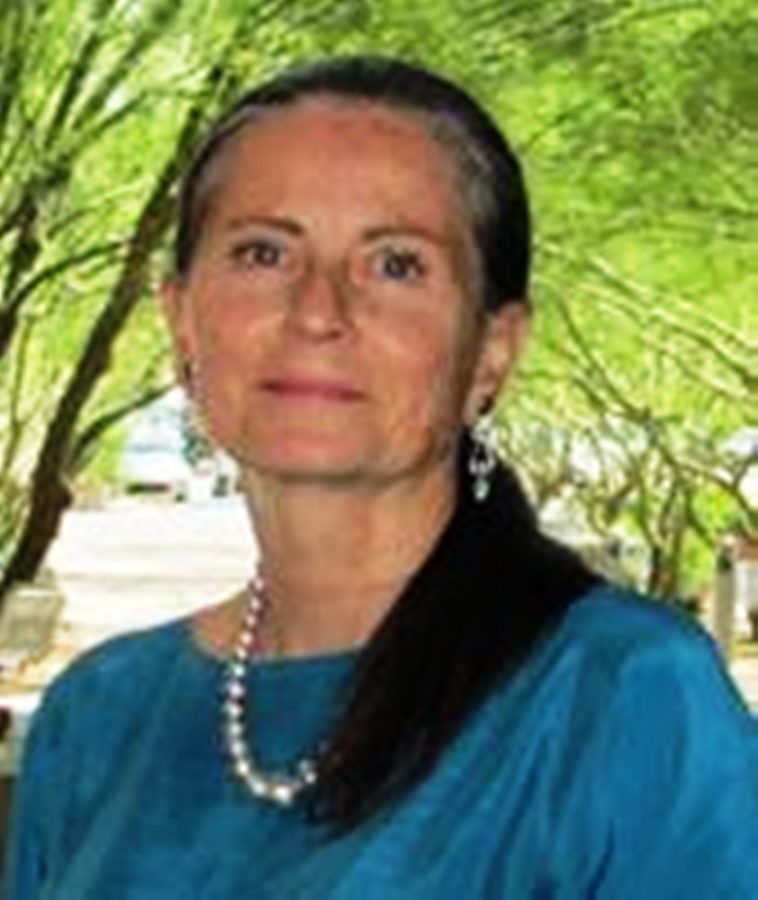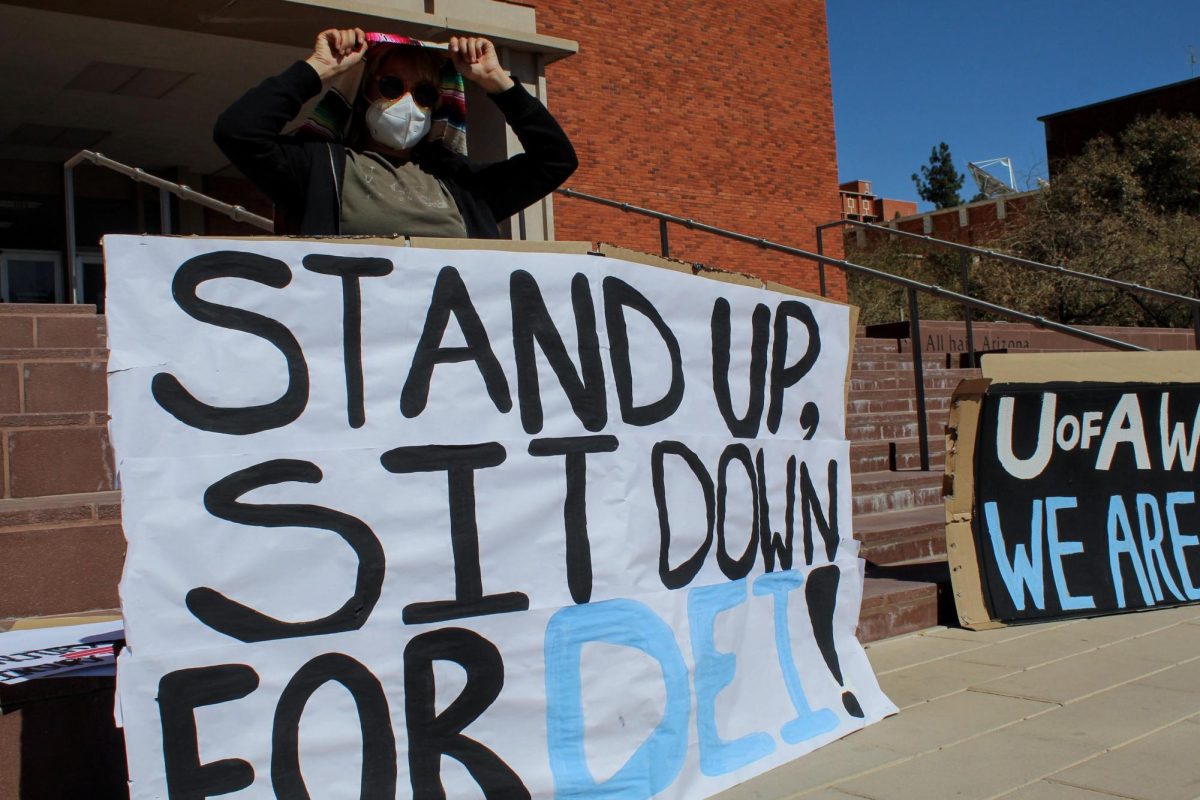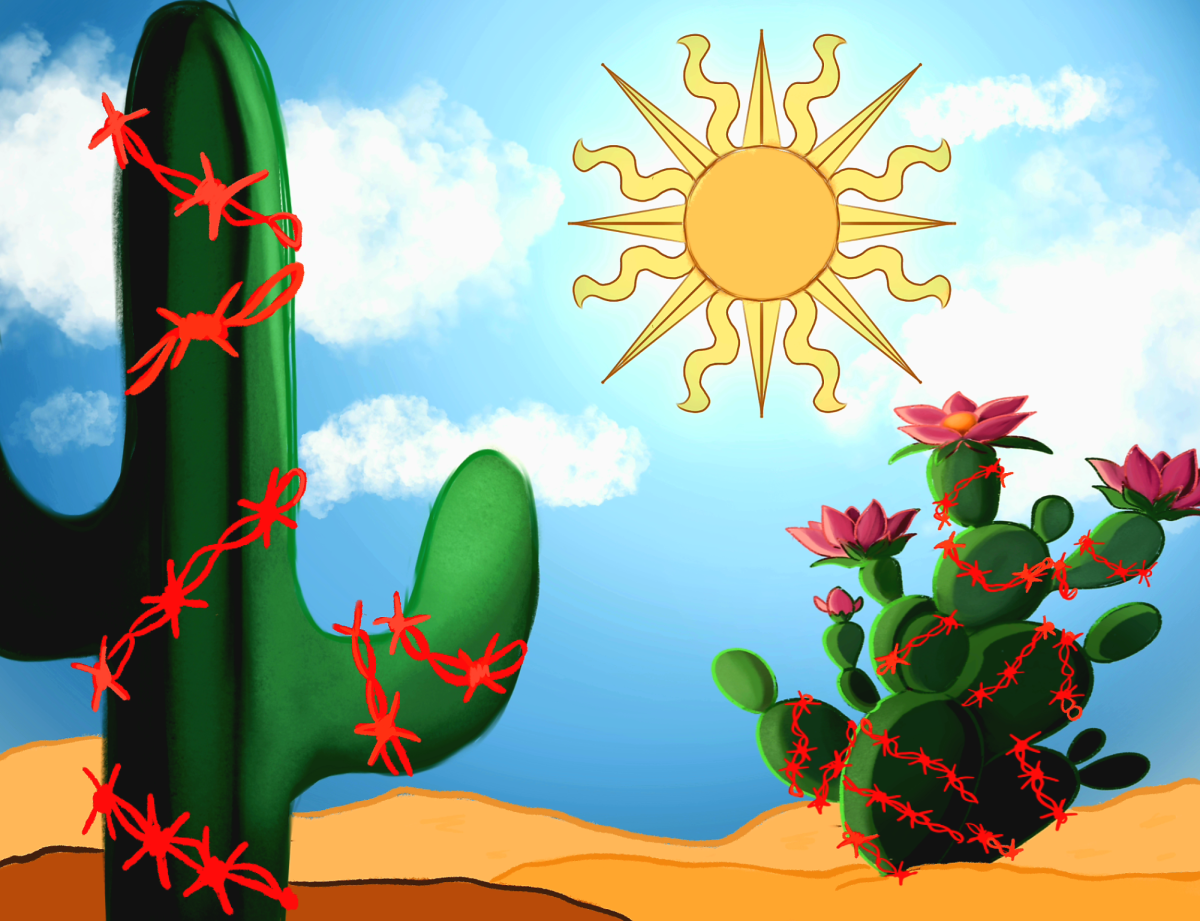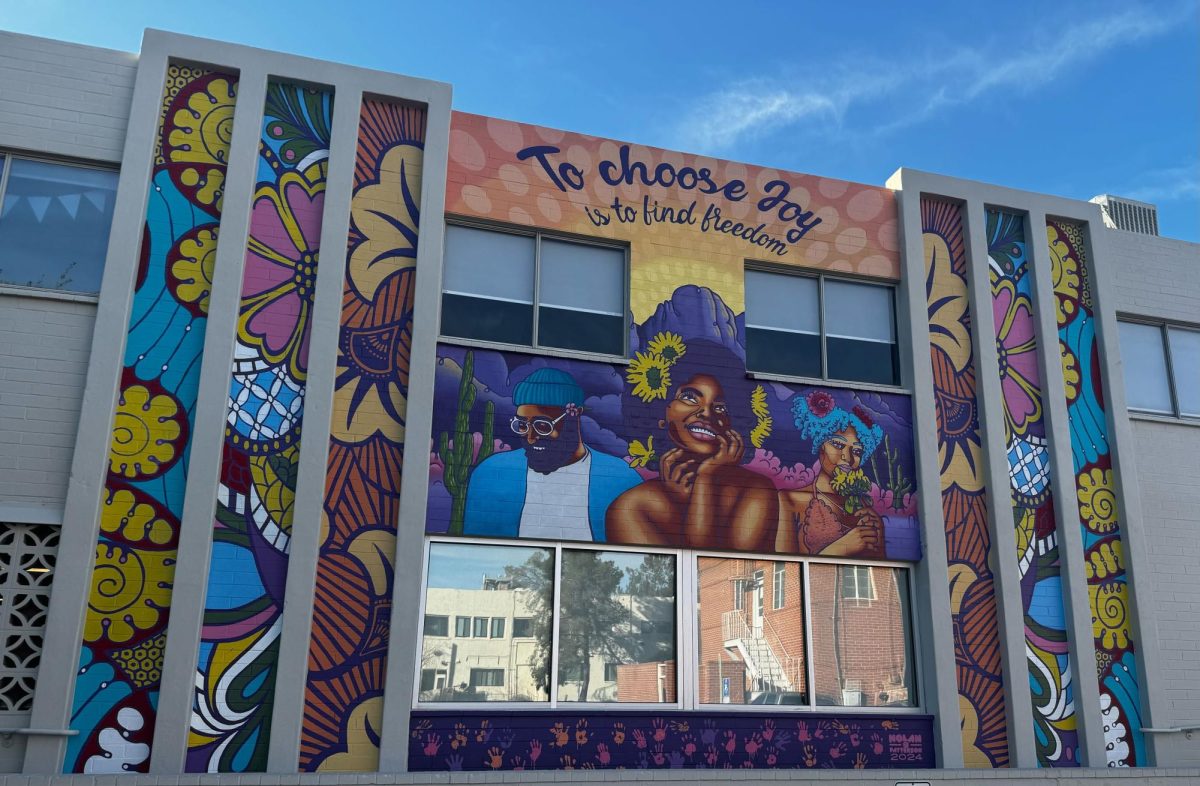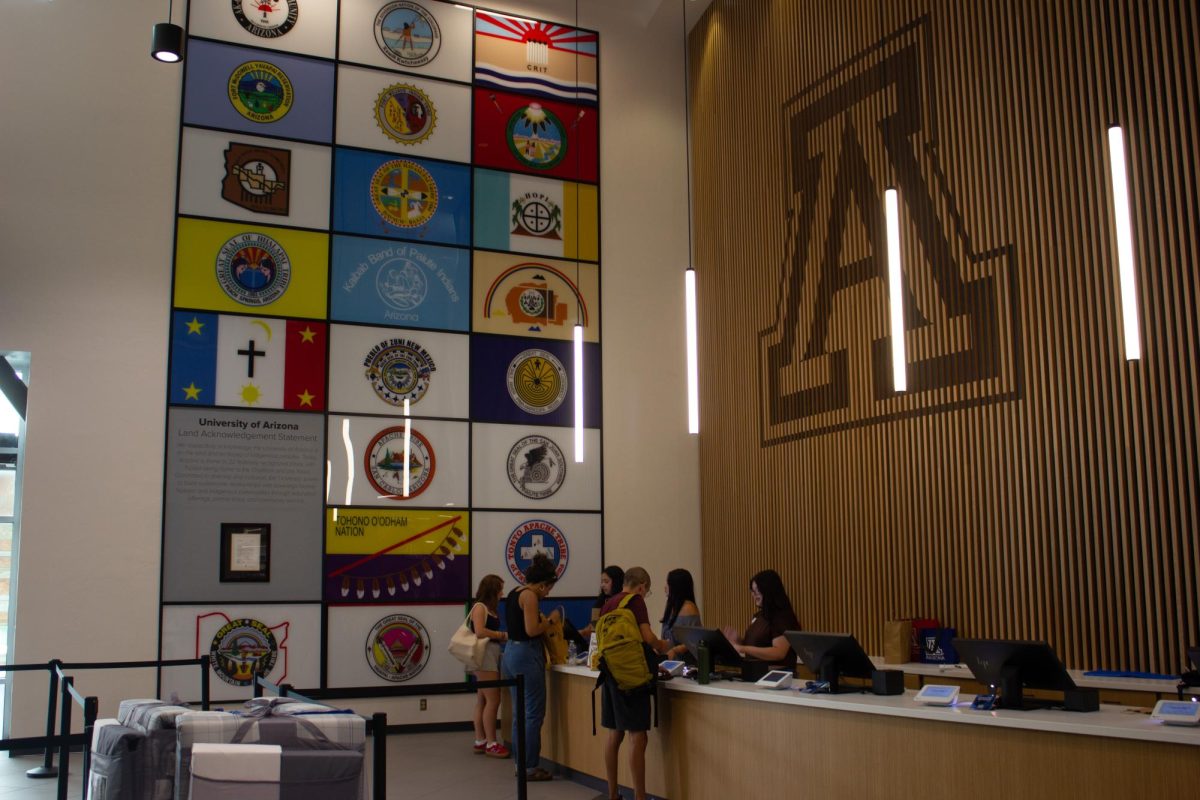Nicolette Teufel-Shone,[1] a professor and chair of the family and child health section at the University of Arizona Mel and Enid Zuckerman College of Public Health, won the Native Research Network Award for excellence in training and her commitment to mentoring as co-director of the Center for American Indian Resilience.
For over 25 years, Teufel-Shone has worked with Native American communities to encourage and promote healthier lifestyles through nutrition and physical activity throughout the day.
RELATED: UA stands in solidarity with Standing Rock
“It probably started with my own doctoral research when I was at the University of Colorado and I was interested in health issues within Native American communities,”Teufel-Shone said.
Prior to her doctorate research on anthropology and nutrition, she worked with the Bureau of Indian Affairs.
“I was doing work not related to health, but because I worked in the communities I could see there were a lot of contemporary issues,” Teufel-Shone said.
She described the impacts that Native American communities face today.
“When you look at the funding that’s available for Indian health services, it’s not the same that you would see in non-Native communities,” Teufel-Shone said.
Teufel-Shonesaid, when looking at healthy lifestyles, the kind of food that’s available, physical activity resources and mental state are all important factors toward obtaining that lifestyle.
“To choose healthy foods and to be physically active generally applies that you have a certain state of mental wellness,” Teufel-Shone said. “Because you decide to spend your leisure time being active, you think about making healthy choices for yourself and your family.”
Many of the programs Teufel-Shone focused on are characterized by this inter-generational relationship. She said that by bringing together elders and young people, the group is able to talk about everyone’s health and not just the young people.
When it comes to awards,she also made sure to include community partners and colleagues.
“Those awards whether they’re Voices of Change and even really in the mentoring of the award that was recently given by the Native Research Network, all that mentoring was done in collaboration with community members,”Teufel-Shonesaid.
She said that it’s only the willingness of others that really moves programs forward.
RELATED: UA’s newest freshmen class set to be most diverse ever
Tara Chico-Jarillo a program coordinator at CAIR and public health graduate student said that Teufel-Shone is a great collaborator who is open to new ideas.
“She’s definitely flexible and open to so many different ideas,” Chico-Jarillo said. “She’s definitely innovative, she comes up with some great ideas when we’re working together.”
One thing Teufel-Shone would advocate for is more of a hands-on experience in academic programs. In her classes, students will invest time within a community to really understand what’s going on for people.
“I think the idea of experiential learning is really important in an academic setting,” Teufel-Shone said. “You really have to be in those communities to understand the community. I think it’s critical to value the perspective of students and getting them engaged so they can really find their own strengths when they’re engaged in experiential learning.”
[1]: Correction: The story originally stated Nicolette Teufel-Shone is a professor and Chair of the Family and Child Health section of the Health Promotion Sciences Division, she is actually a professor and chair of the family and child health section at the University of Arizona Mel and Enid Zuckerman College of Public Health
Follow Shaq Davis on Twitter.



